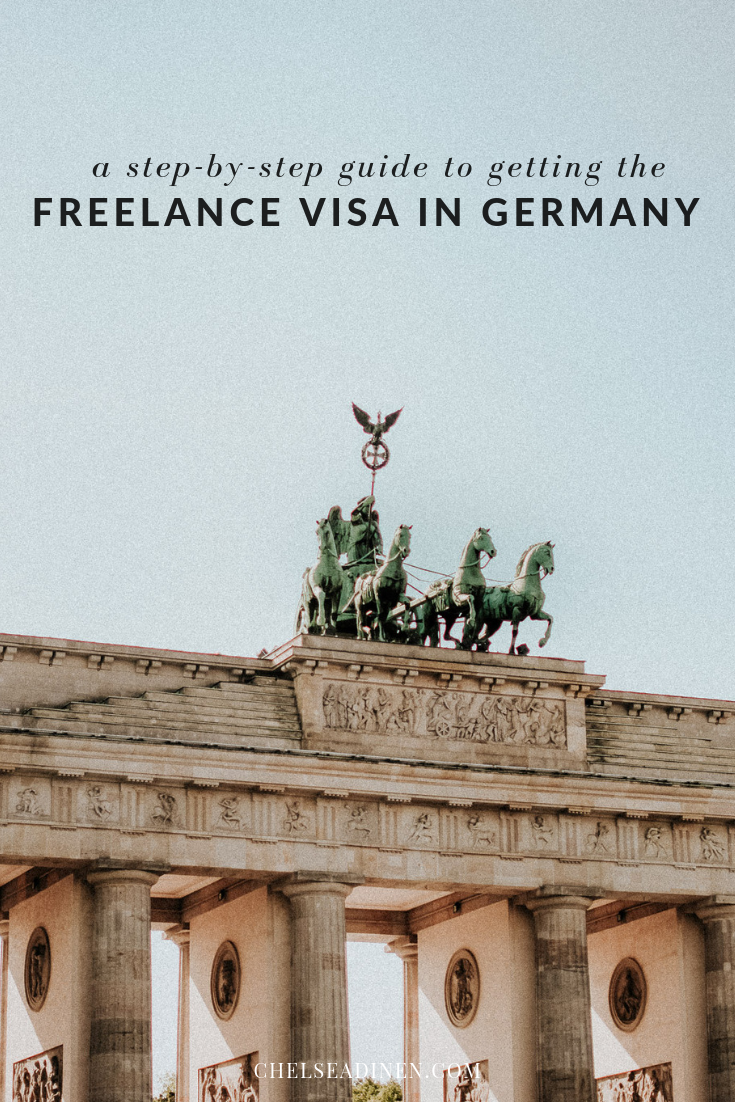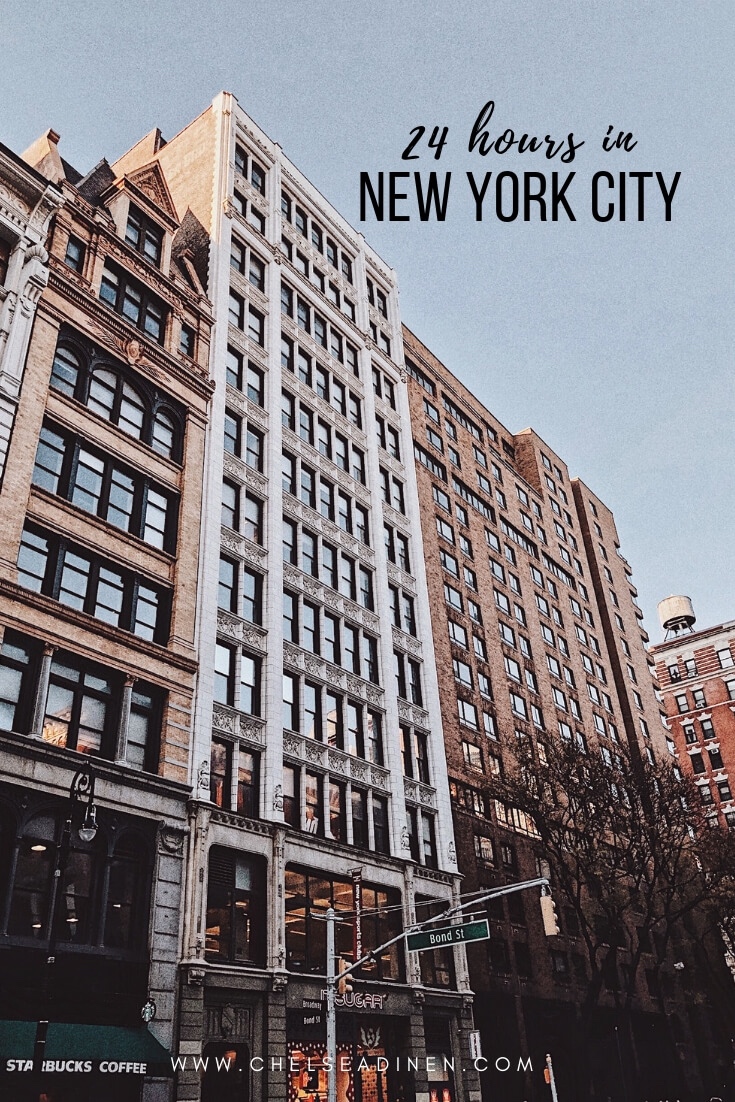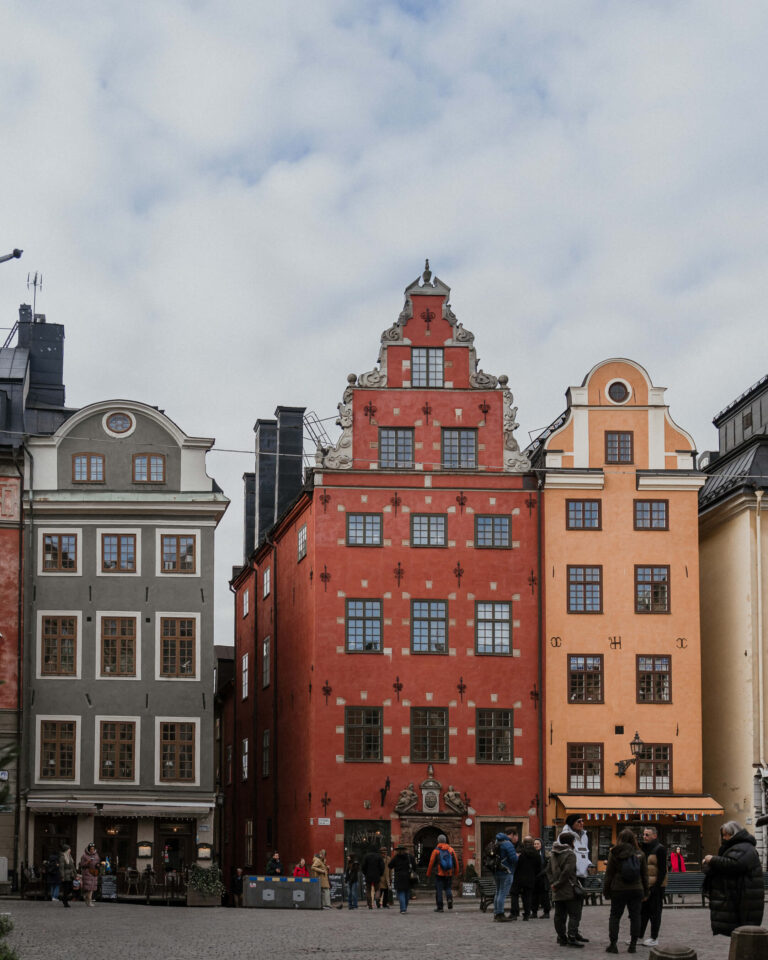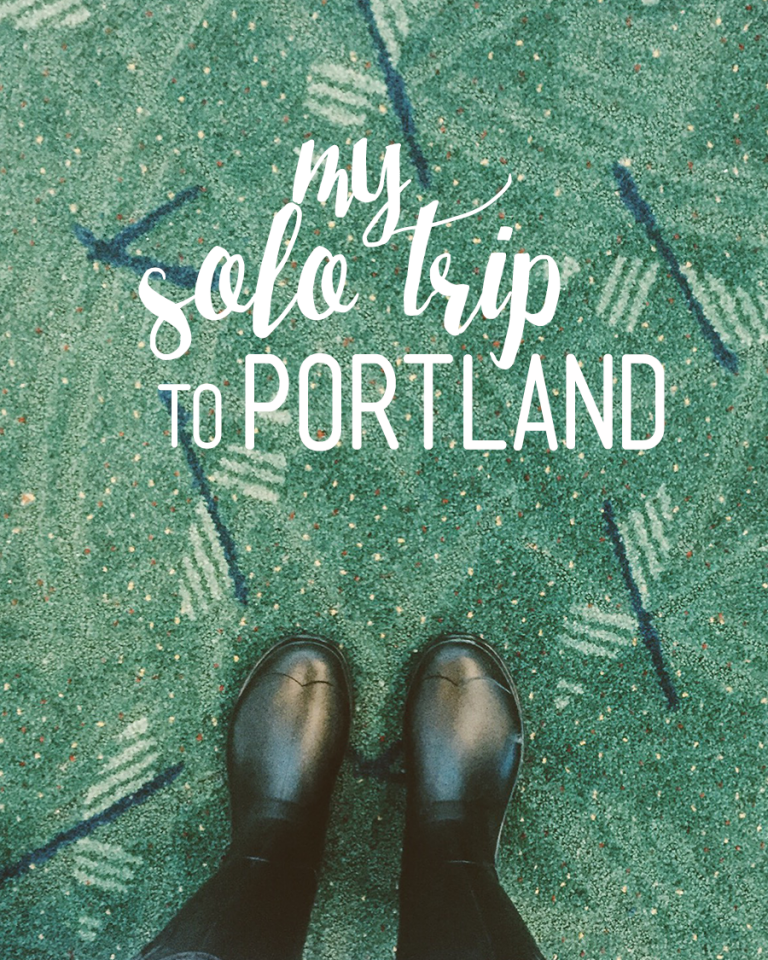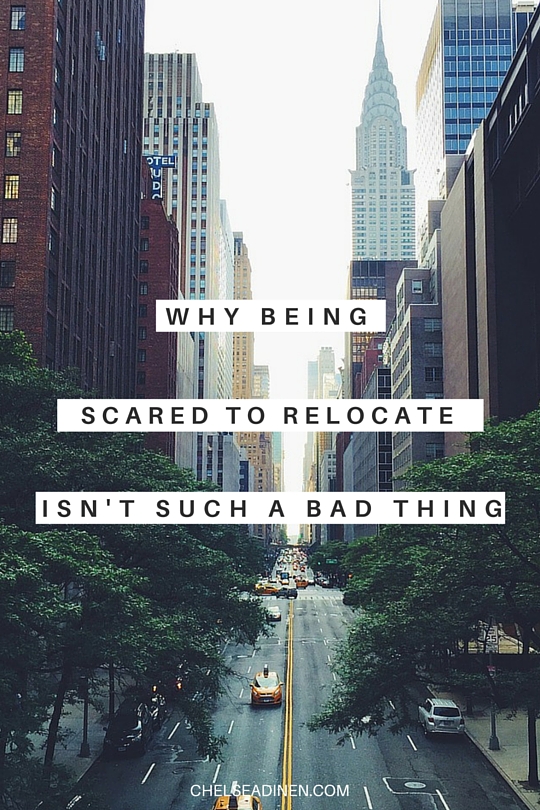A Step-By-Step Guide to Getting the Freelance Visa in Germany
It’s official! This morning, around
I can finally take a deep breath and settle into life in the EU. This morning, before my appointment, I woke up wide awake at
Recommended Reading: My Guides to Berlin
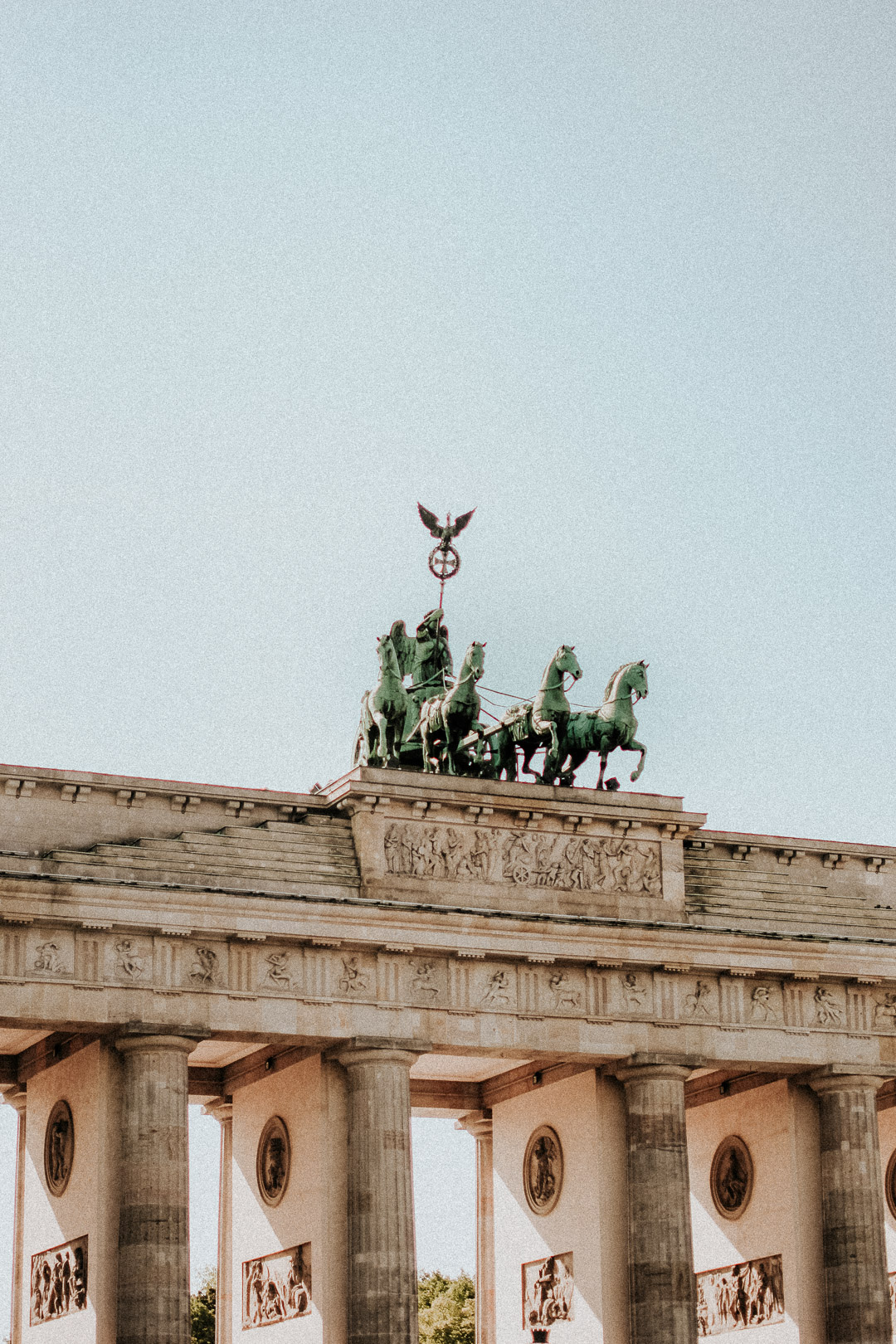
In this post, while it’s still fresh in my mind, I’m going to break down exactly what I did to prepare for my application as a U.S. citizen for the “Residence permit for freelance employment” as they refer to it on the Berlin.de website. I will preface this by saying three things:
- Do your research. I’m writing this in October of 2018 but things are always changing so please remember that Germany should be your primary source of information as you prepare. If you are applying in Berlin specifically, you can find the official information by clicking here. Again, I will only be discussing my experience as a U.S. citizen. For more information on how to stay in Berlin past 90 days, depending on which country you are a citizen of, read this.
- Every application is processed on a case-by-case basis. It’s not just about completing all of the paperwork. Caseworkers look at everything combined (bank statements, your letters of intent, health insurance, etc.) to determine whether or not you get the Visa and for how long.
- Be overprepared. I had everything organized neatly in a binder with dividers, placed as the same order as what’s on the website. I started working to gather letters of intent about two months before my appointment and spent a lot of time completely redoing my CV (German CVs are different from
U.S. resumes), writing my cover letter, and printing out more than enough documents. Just to give you an idea, the binder I bought for this ended up being completely filled with papers. I printed from three different print shops and my coworking space over the span of two weeks. It. Was. A. Lot.
And my biggest piece of advice – Give yourself plenty of time.
Okay, so if you plan to live and work in Berlin specifically, Berlin offers a unique option for professions that are categorized as “artists.” Artists are generally visual artists, writers, musicians, journalists, photographers, etc. People call this the Freelance “Artist” Visa, but in reality, it is the same Visa. The only difference is that they are able to process your information that day instead of sending it off to another office for additional processing (which could take a couple additional months).
Book your appointment (termin)
Be sure to book your appointment far in advance, long before your 90 days in the Schengen Zone are up. You can book your appointment here. I will stress that the soonest appointment could be 2-3 months away so take this into consideration and plan accordingly.
Start preparing your paperwork.
Germany loves paperwork. It’s true. And a major part of preparing for your Freelance Visa appointment is making sure you have all of the documents that are required, as well as the documents that they may or may not ask you for on the day of your appointment.
Required Documents
Again, check here for the most recent requirements as they may change.
- Valid passport
- 1 current biometric photo 35mm x 45mm, frontal shot with neutral facial expression and closed mouth, looking straight into the camera, light background. I suggest going to a photo studio for this and recommend Studioline Photography which cost about 15€
- The form “Antrag
auf Erteilungeines Aufenthaltstitels” (Application for Issuance of a Residence Permit) Only required forfirst-time application. You can download it in English here. Also, if you need help filling out the application, this guide is very helpful. - Financing plan: Download the form here. I totaled the cash in my U.S. bank account as well as my German bank account and wrote that down.
- Revenue forecast (Profit/Loss Statement): Download the form here. This is a rough estimate of how much revenue you think you’ll make in the next three years.
- Regarding artists and language teachers: Proof of other regular income (E.g. own assets, regular transfers from dependent parents, submission of a declaration of obligation by a solvent third party.) For this, I printed the last 6 months of my bank statements for my personal U.S. checking/savings accounts, my U.S. business account, and my German business account (I had two months of statements for that one). During my appointment, she only asked for the most recent bank statement, but I felt better having more just in case. In Germany, I bank with N26 which I highly recommend. They are an online bank and signing up only took about three minutes. Many freelancers have chosen to go with them and I see why! I have the N26 Business Account which you can read more about here.
- If you want to work on a fee basis: Letter of intent for the collaboration (Submission of at least two declarations of intent (with information on type, scope
and description of the occupation) These are REALLY important. And what they don’t tell you here but what I read from numerous sources was that they’re really looking for letters from German companies. The reason for this is because they want to see that there is an economic interest for your work within Germany. I had two letters of intent from German companies, a letter from a UK company, and one contract from a German company. The letters of intent are non-binding letters that state that a business is interested in hiring you should you get a Visa. The letters should also state, if possible, the fee you will be paid, and how many hours you will work. The more specific the letter of intent, the better. - Fee contracts: I’m not entirely sure what this is but I’m assuming if you do have any contracts, bring them. Again, without a Visa, you cannot legally work in Germany so contracts are not as important at this point as the letters of intent.
- Curriculum vitae: Details of
professional career, qualification certificates, diploma, references/sponsors. For this, I gave them my CV, a copy of my University Degree, and three reference letters from previous employers and clients. I also had an official, sealed copy of my college transcript but they didn’t ask for this. - Professional permit: If a permit is required for the freelance occupation, e.g. a license to practice law (original) I had a copy of my Life Coaching Certification just in case but since this is not the type of work I’ll be doing here in Germany, they didn’t ask for it.
- Health insurance: This is another important one! Make sure you have adequate health insurance coverage or else they will send you away and tell you to come back once you do. I’m not going to get into specifics with health insurance because it’s a bit complicated and instead, I suggest speaking with an insurance broker in the city where you’ll be applying who is familiar with the Freelance Visa process. If you live in Berlin, I spoke with Keith Tanner at CR & Cie who came highly recommended amongst the expat forums and he was especially helpful in suggesting options for me.
- Lease or proof of home ownership: Bring a copy of your lease contract (in German if possible) and your Anmeldung that you should have received when you registered your flat.
- Rental
cost / expenses for property Proof of the monthly rental costs (e.g. current account statement) or costs of the inhabited property; in each case in original form. - Adequate pension plan Only if you are above the age of 45:
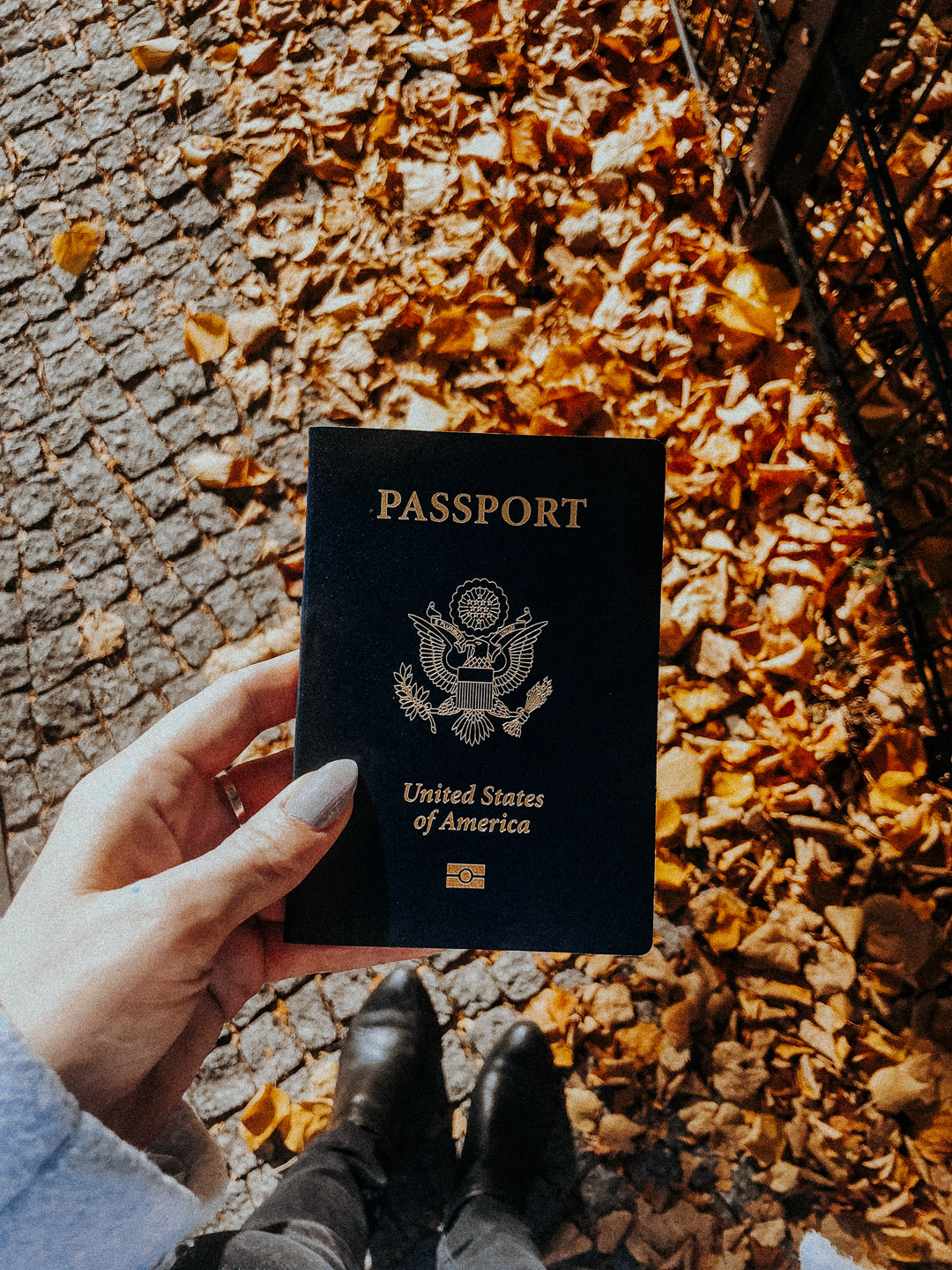
Documents that I had translated to German
(For translating documents to German, I used Fiverr.com — you can use this link to get 20% off!)
- My letter of intent that was not already written in German.
- My letters of recommendation from previous employers and clients.
- My CV
- My Cover Letter
Additional documents I included that weren’t listed on the website
- A printed out copy of the PDF appointment confirmation I received when I booked my appointment online. (They didn’t ask for this)
- My portfolio: I printed out about six examples of my work from my website. (They didn’t ask for this)
- Extra biometric photos just in case (They ended up just needing the one).
If you’re not fluent in German, bring or hire a translator
I used Red Tape Translation and highly recommend their services. My caseworker was extremely quick and to the point and with my basic German skills, I probably would have been alright without my translator but again, I think it’s better to be safe than sorry. Luckily, my appointment went seamlessly but I’d imagine if there were any questions or issues, you’d want someone there to translate. I’ve heard instances when some people were told to leave and come back when they had a translator. Apparently, the caseworkers are not supposed to speak any English with you and my caseworker, sure enough, spoke only German with us. It was also just nice having someone by my side for support and who knew the process well. (Shout out to Lucas. Thank you!)
The morning of my appointment, I arrived at the Ausländerbehörde about 20 minutes before my appointment. My number was called about five minutes late (not too bad), and my caseworker was very straightforward. She asked me what I was there to do that day and what my profession is. I told her my profession in German so I recommend knowing the translation for your profession if possible (so they know you at least know how to say that in German). This is the word that will be going on your residence permit and is, therefore, the only work you are permitted to do in Germany. Then, she asked me what documents I had for her. One-by-one, I started going through my binder and handing her just about everything in order.
She took my papers and asked us to go back to the waiting room and wait for my number to be called. Then, I sat in anticipation for about 30 minutes until my number showed up on the screen again. My heart was pounding.
We walked back into the office and I saw my passport opened up with a sticker now attached to the inside. I had a good feeling. I heard her say “
I thanked the caseworker and walked out with a huge smile on my face!
Then, I proceeded downstairs to the machine (they give you a card to insert that will tell the machine how much you owe) and that was it! The fee is anywhere from 56.00 to 100.00 Euros. Be sure to bring at least 120 Euros in cash!
And that was it! I’m so thankful that I gave myself plenty of time to get everything in order. It was a stressful process to say the least and I’m so happy to have it behind me and now be able to enjoy living (and working!) in Germany as a full-time resident. Expat life is not for everyone. There were many times throughout this process where I felt alone or frustrated or defeated. But continue to remind yourself why you started.
It will be worth it in the end. I can gladly say that now… finally! Wishing you the best of luck. If you have any questions, I definitely recommend directing them to the German Freelance Visa Help Group here. If you want to follow along on my adventures in Europe, come follow along on Instagram @ChelseaDinen
Pin it for later
